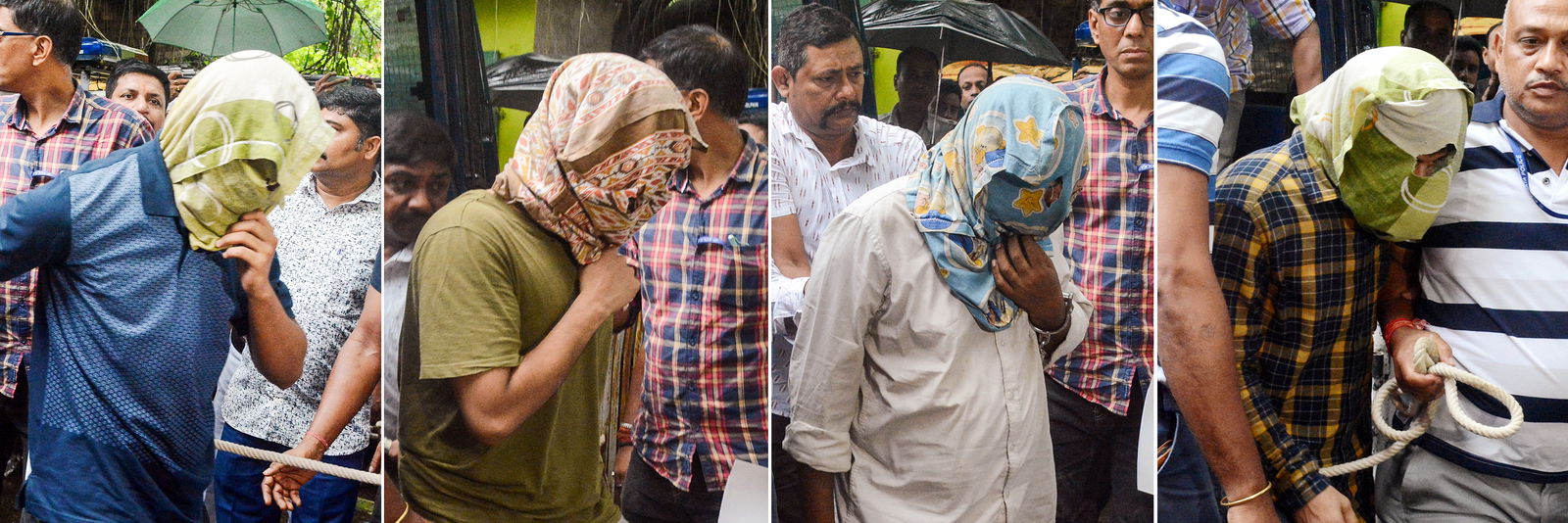Kolkata police filed the chargesheet in the law college assault case on August 23, about two months post the incident on June 25. Forensic analysis established that bodily fluids on the survivor’s clothes matched Monojit Mishra’s DNA. Police noted that the assault appeared premeditated, pointing to calculated planning.
DNA evidence and premeditation
Additional accused include security guard Pinaki Banerjee and students Zaib Ahmed and Pramit Mukherjee. Mishra, a former TMC students’ wing functionary in a contractual college post, allegedly blackmailed the survivor after she rejected his marriage proposal.
Videos, witnesses, and coordinated actions
Recovered mobile video clips allegedly show Mishra committing the assault, while Ahmed and Mukherjee reportedly colluded with the guard to lock the room and prevent escape. Witness accounts highlighted Mishra’s influential position within the college, supporting claims of coercion and conspiracy.
The survivor had earlier recorded her statement under Section 183 of the Bharatiya Nagarik Suraksha Sanhita and continued attending exams in July. She has now filed for a transfer, which, reportedly, the university is considering.
The chargesheet, combining forensic proof, digital evidence, and witness testimony, strengthens the prosecution’s case and brings renewed focus on campus safety, institutional accountability, and the protection of students in educational institutions.
Awareness in institutional response
Subsequent to the indictment, student groups and faculty members have called for more stringent protocols in terms of anti-ragging measures and greater vigilance within college hostels. Authorities are reportedly reviewing internal protocols, emphasising monitoring of hostel premises and counselling services.
The case has sparked wider debate on the need for prevenient institutional safeguards that are initiatory in nature, ultimately highlighting the urgent importance of creating secure and supportive environments for students across educational institutions.



